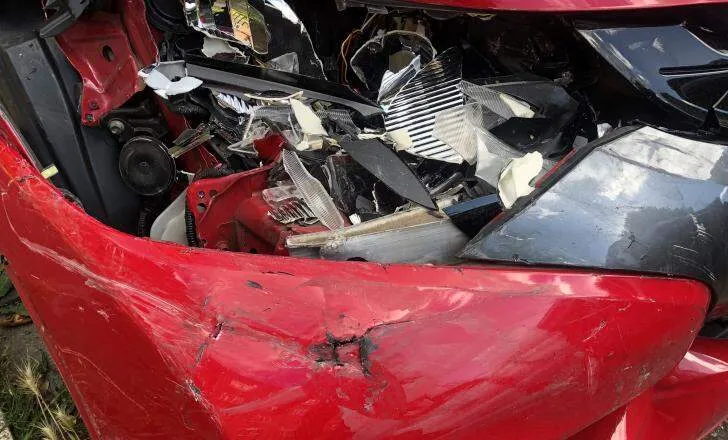A new study by researchers at the University of Bologna in Italy suggests that young drivers are twice as likely to have a crash if they felt sleepy at the wheel or have had problems sleeping. The study of students found that 56% who'd been involved in at least one accident said they had driven despite feeling sleepy, compared with 35% of those who had not been in a crash. According to the UK motoring organisation the RAC, driver sleepiness is estimated to account for around 20% of accidents on major roads
May 2, 2012
Read time: 2 mins
RSSA new study by researchers at the 5410 University of Bologna in Italy suggests that young drivers are twice as likely to have a crash if they felt sleepy at the wheel or have had problems sleeping. The study of students found that 56% who'd been involved in at least one accident said they had driven despite feeling sleepy, compared with 35% of those who had not been in a crash.
According to the UK motoring organisation the3443 RAC, driver sleepiness is estimated to account for around 20% of accidents on major roads in the UK and is responsible for around 300 deaths/year. For the study questionnaires were handed out to 339 student drivers. All the students were aged from 18 - 21, with an average age of 18.4 years, while 58% of those in the study were men. The researchers discovered that 19% of the students had problems sleeping and 64% felt sleepy during the day, while 40% drove despite being sleepy. In addition, 24% of those questioned said they had already crashed once, and 15% of those blamed tiredness for the accident.
The Italian study suggested that the students involved suffered from chronic sleep deprivation. Although they said they needed 9.2 hours of sleep every night, they actually only got an average of 7.3 hours on weeknights. Many of them then tried to 'catch up' during weekends. The study also found that men and smokers were three times more at risk of being involved in an accident. The authors suggest that the use of tobacco could reflect an unhealthy lifestyle, as well as a method of counteracting sleepiness.
According to the UK motoring organisation the
The Italian study suggested that the students involved suffered from chronic sleep deprivation. Although they said they needed 9.2 hours of sleep every night, they actually only got an average of 7.3 hours on weeknights. Many of them then tried to 'catch up' during weekends. The study also found that men and smokers were three times more at risk of being involved in an accident. The authors suggest that the use of tobacco could reflect an unhealthy lifestyle, as well as a method of counteracting sleepiness.








